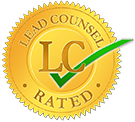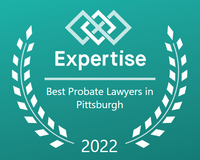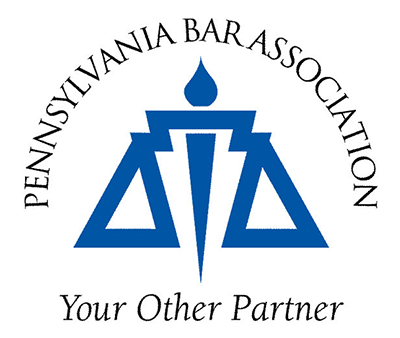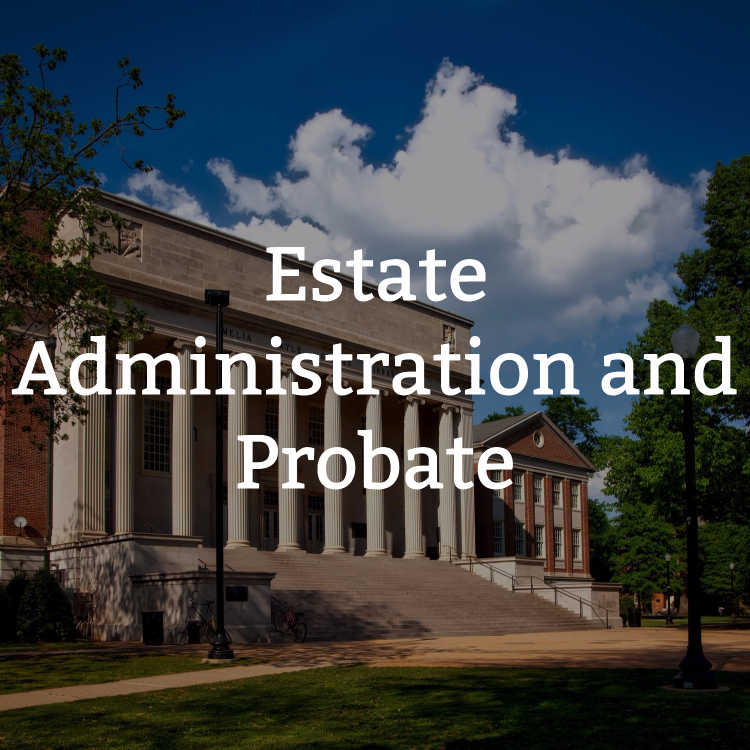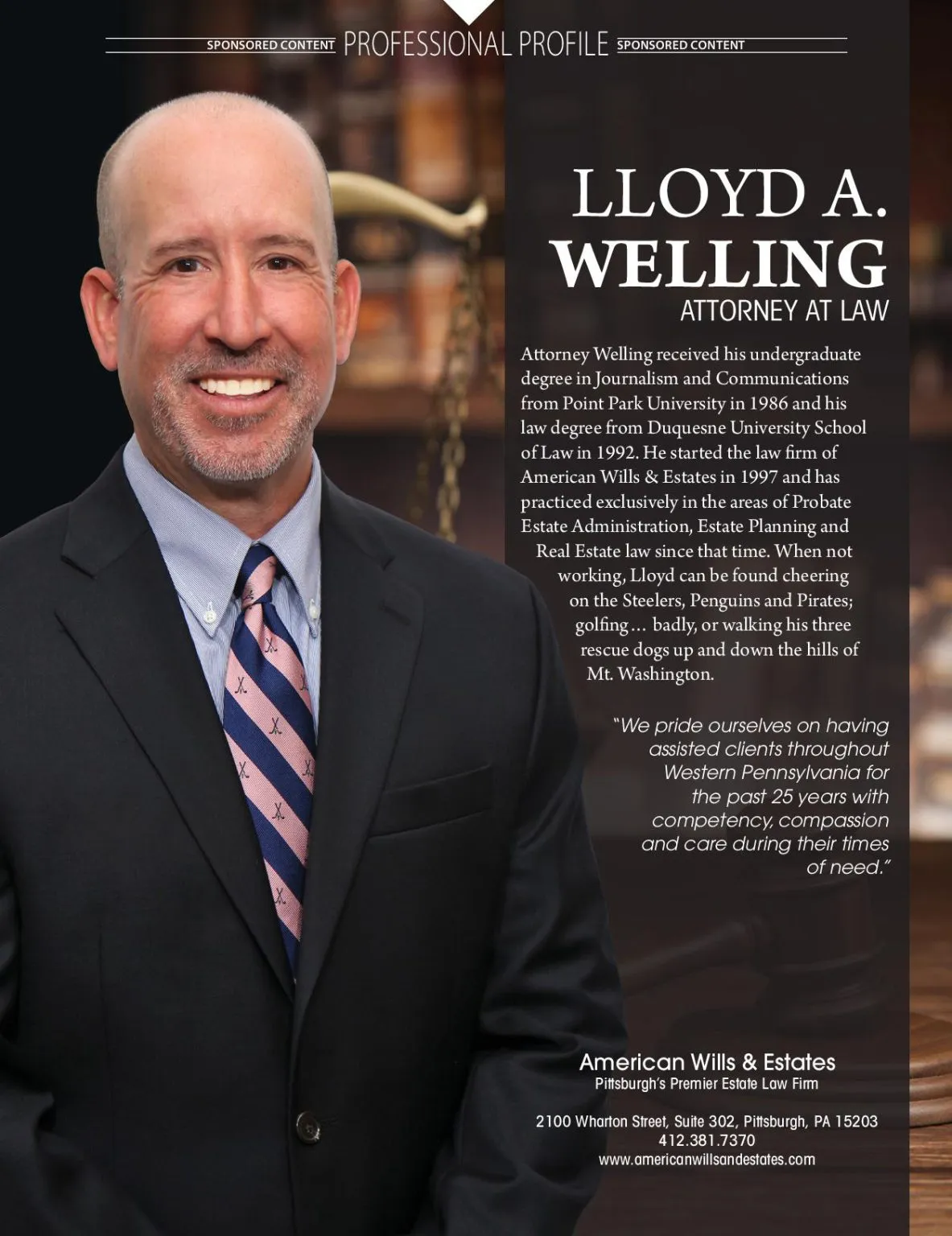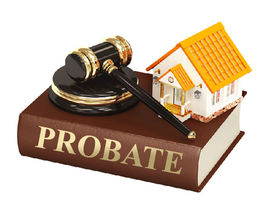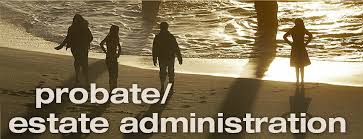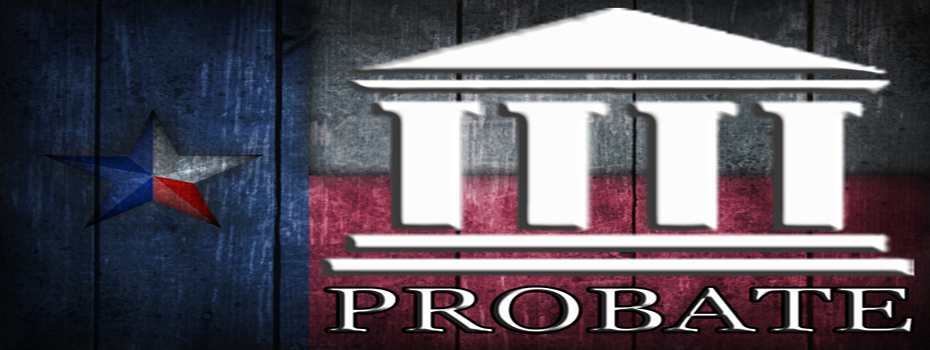NO NEED TO BE AFRAID OF PROBATE
You’ve probably heard people say a million times: It’s best to keep your family’s assets out of probate. While I agree that’s it’s often a good idea to limit or minimize the effect that the probate estate administration process may have on your assets after your death, it’s still important to keep in mind that in many states probate is a relatively simple process. In fact, here in Pennsylvania the whole process can often be completed in a matter of a few months for most estates.
So what is probate? It’s the formal process of administering a deceased person’s affairs, resolving any debts they may have, paying final taxes that may be owe and then making distribution of the assets to the intended heirs. Regardless of whether or not the deceased person had a Last Will and Testament, the process is still basically the same and the heirs will usually hire an attorney to guide them through the procedure. While there will certainly be legal fees, 0 filing fees and other related costs and expenses, same are typically regulated and monitored closing by the courts. Nonetheless, it is precisely for this reason that people often take steps to pass as much of their assets as possible to their heirs outside of probate.
For example: Any property that a deceased person owns at the time of his or her death that is owned jointly with another, or any property on which there is a beneficiary designation will pass automatically to the surviving party. This doesn’t necessarily mean that such assets will altogether avoid inheritance taxation, but it is often an effective technique to lessen or minimize the effects of same. Similarly, any assets such as life insurance, retirement funds and bank accounts naming a beneficiary will also pass automatically outside the scope of probate. Likewise, if a person’s assets have been transferred into some type of trust during their lifetime, those assets as well would pass outside of probate to the designated beneficiaries of the trust.
Remember, individual state laws govern probate, so the actual probate estate administration process will differ somewhat from state to state. Some states have simplified probate for estates with assets under $100,000. Here in Pennsylvania an estate with assets of less than $50,000.00 can be settled by way of a Small Estates Petition. Other states as well have provisions for simplifying the probate estate administration process. Most of the time, probate is relatively straightforward and painless process. Problems typically only arise when there is some kind of dispute over a will or there are disagreements or fights between the decedent’s beneficiaries.
In the end, probate is not something that needs to be avoided at all costs. Still, the process can be time consuming for certain larger estates. If you have a sizeable estate and a wide variety of assets, you may very well benefit from a trust arrangement that will bypass probate. It’s always a good idea to seek out and obtain expert professional assistance and guidance with respect to your estate planning needs.



